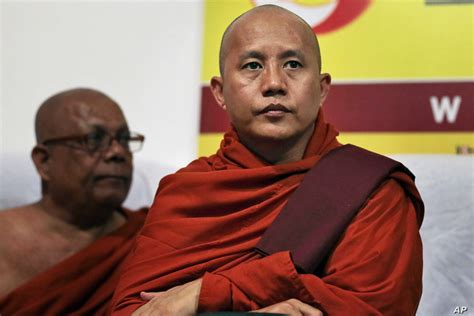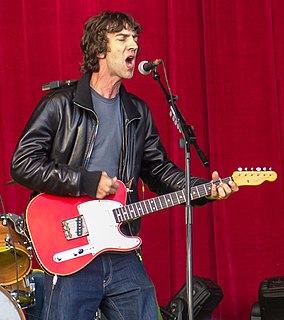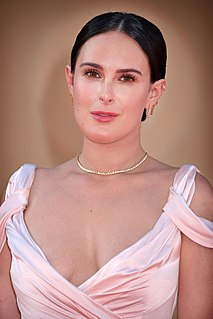Цитата Пико Айера
Я бы сказал, что в силу трансформации политики [Далай-ламу] на самом деле легко недооценить.
Связанные цитаты
Далай-лама меняет эти критерии и весь способ ведения политики. Он ведет политику гораздо глубже, чем это может сделать большинство политиков. Он единственный известный мне политик, который является монахом. Папа, конечно, находится в похожем положении, но Папа не так управляет страной с многомиллионным населением.
Я медитирую, и когда я это делаю, в моем подсознании появляется принц Гарри и медитирует со мной. Это немного странно, но я не думаю, что могу что-то с этим поделать. Иногда он не единственный; на днях это были я, принц Гарри, Далай-лама, мистер Роджерс, горилла Коко и Джордж Клуни. Мы все парили над землей, глядя на пролетающие континенты. Джордж Клуни предложил мне посетить Провиденс, штат Род-Айленд. Далай-лама глубоко вздохнул и сказал, что хотел бы посетить Тибет. Бедный Далай-лама.
Мой друг рассказал мне, как я посетил Далай-ламу в Индии и попросил дать ему краткое определение сострадания. Она предварила свой вопрос, описав, как ее сердце сжалось, когда ранее в тот день она увидела мужчину на улице, бьющего палкой облезлую бродячую собаку. «Сострадание, — сказал ей Далай-лама, — это когда тебе так же жаль человека, как и собаку».


































